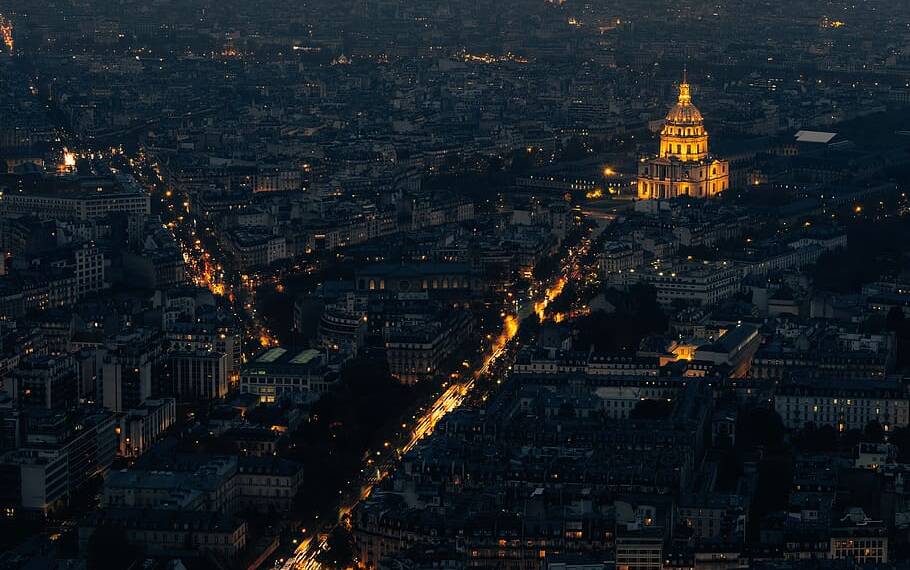On May 24, 2025, a large-scale power outage swept across southeastern France, affecting around 160,000 homes — including the prestigious Cannes region, right during the closing day of the Cannes Film Festival. While the event continued thanks to backup power at the Palais des Festivals, however the blackout disrupted daily life and served as yet another reminder of Europe’s growing vulnerability to energy instability.
Power outages were once rare in Europe, known for its robust infrastructure. But that image is fading. In the past few years major blackouts have hit Spain, Portugal, Germany, the UK, and now France. These aren’t isolated cases — they’re part of a larger trend.
Why Are Power Cuts Becoming the New Norm in Europe?
Aging Infrastructure: Much of Europe’s electricity grid was built for centralized, fossil-fuel-driven systems. As the continent transitions to decentralized renewable sources, the old grid is being stretched beyond its limits.
Climate Extremes: Heatwaves, floods, and storms — intensified by climate change — are putting massive strain on power lines and substations.
Security Threats: The Cannes incident may have been linked to arson, highlighting the growing concern around sabotage and cyberattacks on energy infrastructure.
Renewable Integration Challenges: Solar and wind power are intermittent. Without adequate battery storage or grid interconnectivity, supply can quickly outpace demand — or fall short, leading to blackouts.
Investment Gaps: Modernizing the grid is expensive, and in many parts of Europe, investment hasn’t kept up with demand or the complexity of a renewable-powered system.
Is Europe Regressing?
At a glance, these failures might suggest Europe is going backward. The continent is currently undergoing one of the most ambitious energy transitions in modern history — moving away from fossil fuels toward clean, renewable energy.
Yet, unless Europe accelerates investments in smart grids, energy storage, cybersecurity, and regional coordination, these power cuts may become more than just growing pains — they could erode public trust and stall progress.
Europe must now treat energy reliability as a critical pillar of its green transition. That means:
Upgrading grid infrastructure, expanding cross-border energy sharing, securing supply chains and digital systems and investing in backup power and storage.
Europe is now at a crossroads. The path forward demands resilience, innovation, and a serious commitment to building an energy system fit for the 21st century.








